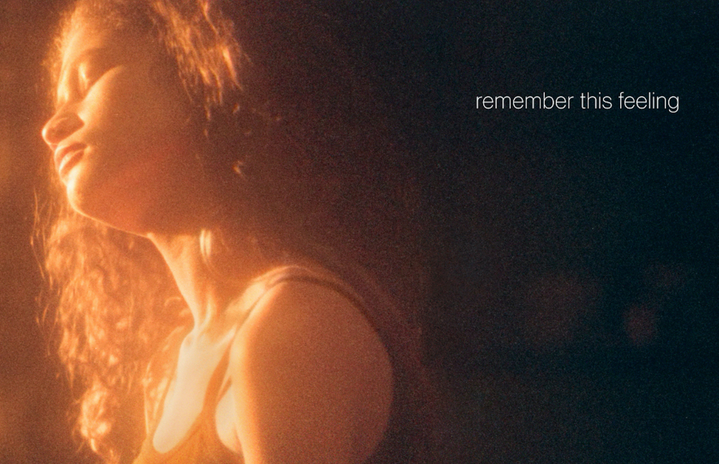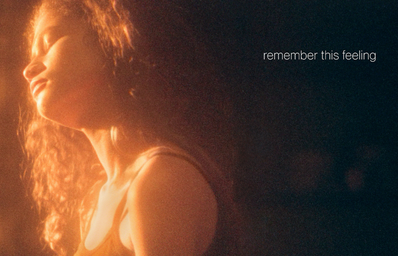As we descend into the latter end of Season 2 of Euphoria, I’ve fully sucked myself into the content vacuum: my TikTok and Twitter algorithms are completely tailored to my infatuation with the HBO series, I play the songs featured in each episode on a continuous loop, and the outfit combinations I throw together are divinely inspired by the leading ladies. Although I’ve enjoyed taking part in the discourse surrounding the cultural phenomenon that is Euphoria, I’ve noticed that the conversation typically centers around the drama between Cassie, Maddy, and Nate, and a collective hatred of Jules. My purpose here is to not minimize or speak over the people who have points to make about these elements of the plot. Instead, I want to shift from a heteronormative criticism of the show, to a part of the narrative that doesn’t always get positive attention: the relationship between Rue and Jules.
To begin with, both Rue and Jules are brilliantly complex and round characters. They both have flaws that deeply impact their relationship. For Rue, she seeks euphoria through drugs. For Jules, she seeks euphoria through intimacy. Both flaws lead them to betray one another: Jules for breaking their commitment, and Rue for hiding her relapse.
Their relationship is flawed, but what I love about Rue and Jules’ relationship is that it doesn’t sugarcoat the deep, sometimes painful, emotional exploration that comes with teenage romance. Even though I’m alienated from the high school experience — I’m now, obviously, a college student and I basically received my high school diploma via Zoom — I can recognize how much my partners and I (emphasis) sucked when we were in that setting. We were both learning things about ourselves in an environment that contained the tension of a pressure cooker. Naturally, things got kinda screwy.
And not only was I navigating immense pressure from heterosexual experiences in high school, but also the pressure that comes with the dynamics of female friendships. It took me my entire teenhood to accept that I’m bisexual, and I’m confident that’s due to the pervasive influence of heteronormativity. I wasn’t taught that all of my relationships with girls resided on the lesbian continuum, and in the media, I didn’t really see those relationships play out. And even if I did, I would’ve brushed them to the side due to the conditioning of heteronormativity; in fifth grade I paid more attention to Rachel and Finn than I did Brittany and Santana.
However, I think Rue and Jules’ relationship is helping a lot of young women see themselves. I remember how moved I was when I watched the scene of Rue giving Jules her hormones. I was moved when they recreated scenes of traditional love stories through their own identities, on their own terms. There are a lot of abysmal adaptations of the Romeo and Juliet trope, but I think Euphoria actually does it right. The way their love progresses is organic, messy, and beautiful, which is exactly how I would describe my journey with my sexuality. I was in a real pickle when I found out some of my feelings towards the women I’ve been friends with transcended a place of platonic love, but the truth I’ve found within myself was euphoria.
End rant. I’ll go back to liking all the TikToks using the “You f***ed Nate?!” audio, and reporting all the Jules haters for slander and terrorism (totally kidding!).


